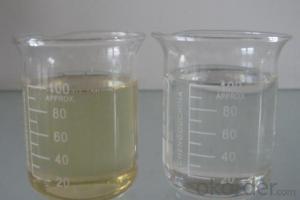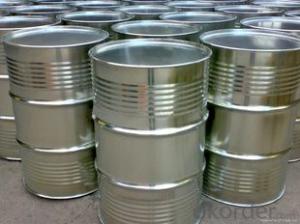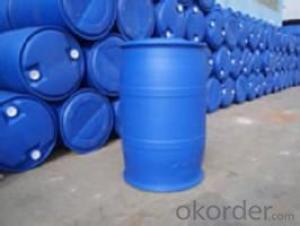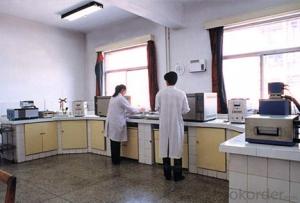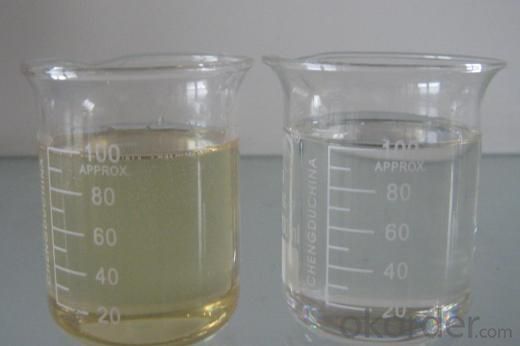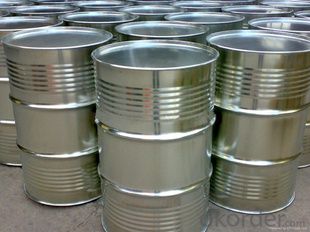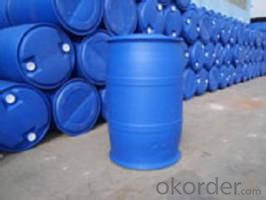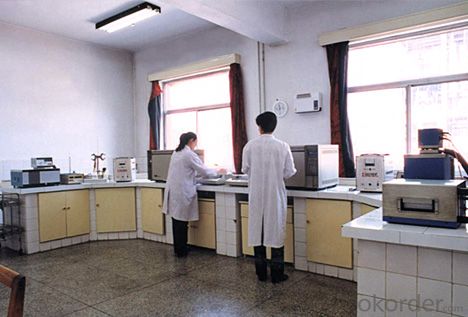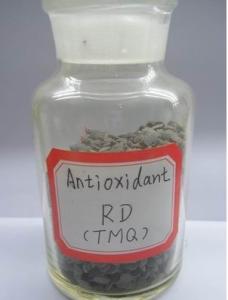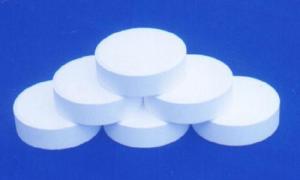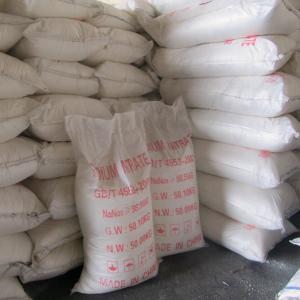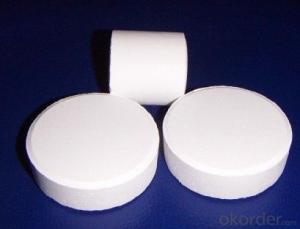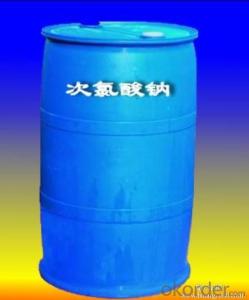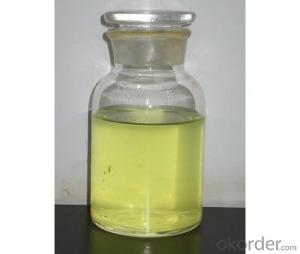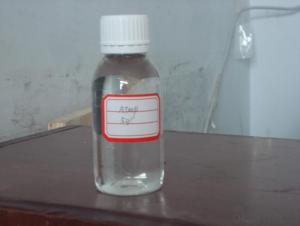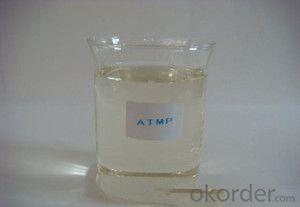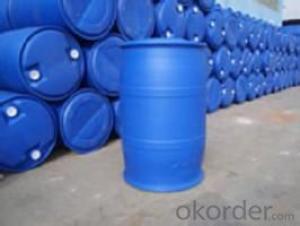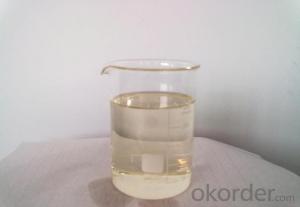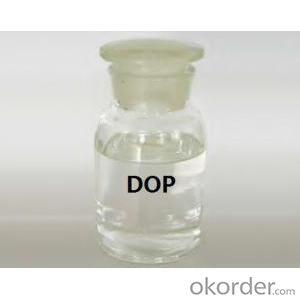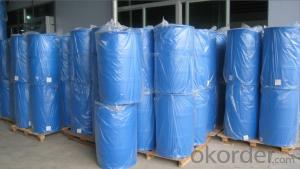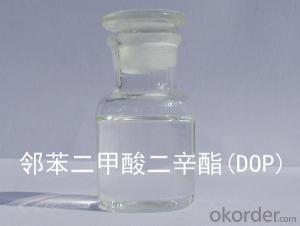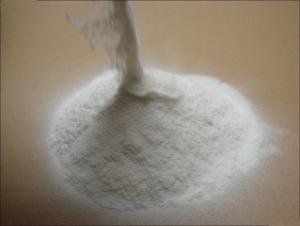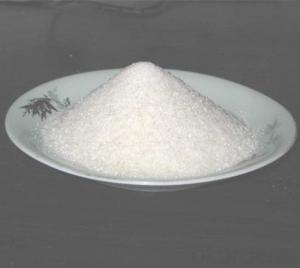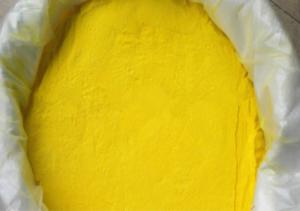High Quality Epoxy Plasticizer/DOP/DOTP/DINP/DEDB/DBP plasticizer
- Loading Port:
- Tianjin
- Payment Terms:
- TT OR LC
- Min Order Qty:
- 16.8
- Supply Capability:
- 8000 m.t./month
OKorder Service Pledge
OKorder Financial Service
You Might Also Like
Product performance:
Polyol Benzoate (DEDB) is colorless or pale yellow transparent oily liquid, water-insoluble, soluble in aromatic hydrocarbons, ketones and ethers, and has good compatibility withpolyvinyl chloride, ethylene - vinyl acetate copolymer, poly vinyl acetate, polymethylmethacrylate, polyvinylbutyral, nitrocellulose, and ethyl cellulose, etc.
Product application:
Polyol Benzoate(DEDB) is an environmentally friendly plasticizer with the characteristics of strong solubility, good compatibility, low volatility,resistant to oil, water, light, pollution etc. It is suitable for processing PVC flooring material, plastisol, artificial leather, cable material, soft and hard pipe, shoes material, rubber strips, synthetic rubber, and paint, printing ink, etc. It has a better plasticized effect if it is used together withDOP or DBP, and has greatly achieved the purpose of reducing cost .
Product quality index
Item | First grade | Second grade |
Chroma(APHA) ≤ | 50 | 60 |
Ester % ≥ | 99.5 | 90.0 |
Density(20°C)g/ | 1.120-1.126 | 1.172-1.78 |
Acidity(as benzene dicarbonic acid) % ≤ | 0.01 | 0.02 |
Flash Point °C ≥ | 195 | 192 |
Loss on heat(125°C,2 hours)% ≤ | 0.3 | 0.5 |
Chroma after heat treatment | 80 | 100 |
Specifications
1. Direct producer with 15 years experience
2. ISO9001:2000
3. High quality, lower price and best service
4. New plasticizer
Packaging: IBM, net weight: 1000 kg.
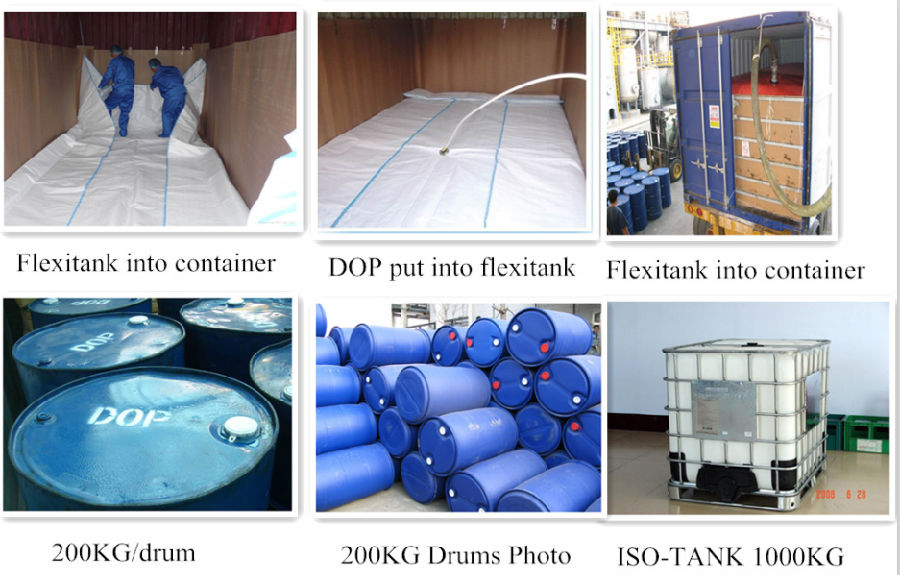 Our Factory:
Our Factory:
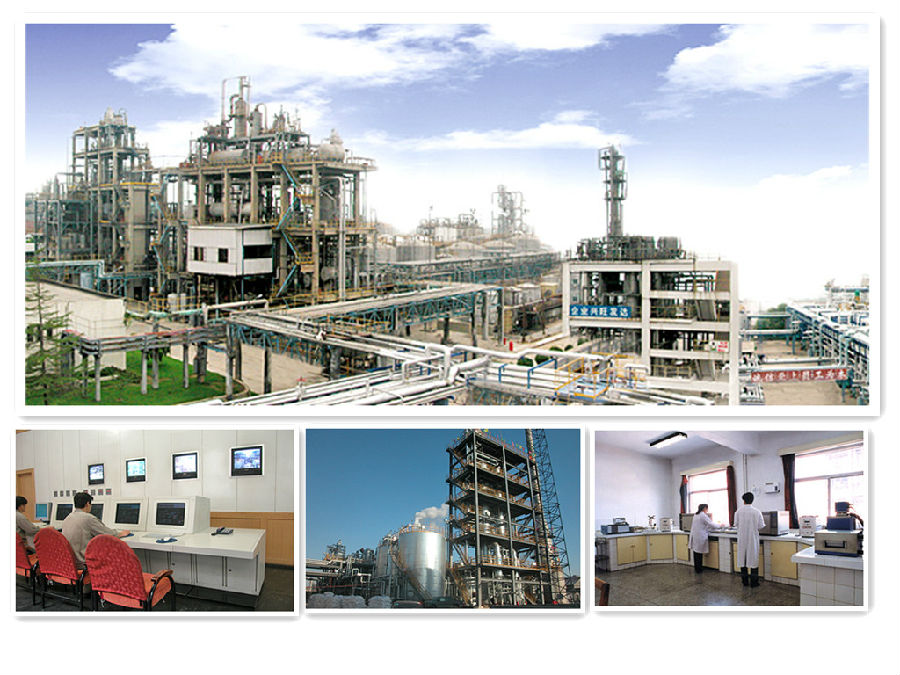
- Q: Is the catalyst in the chemical reaction better?
- The efficiency of the catalyst is very high, as long as a little bit on it, with too much in addition to increase the cost of meaningless. Positive catalyst can increase the rate of several thousand times. Fast ... I know there will be about a thousand years shortened to 1 second. There are slowdown in the catalyst, people taught not learned. Other versions of the textbook is not clear. Should not learn.
- Q: Could God be Discribed as a Catalyst?
- Whether we agree with them or not, many people are driven by concept of god(even those trying to disprove god). So, yes, at least in part, 1 could describe god as a catalyst.
- Q: How the catalyst accelerates the chemical reaction
- The effect of the catalyst on the rate of reaction and the effect of temperature on the reaction rate is fundamentally different. The catalyst can change the route of the reaction, reduce the activation energy of the reaction, increase the percentage of activated molecules in the reactants and increase the reaction rate.
- Q: The future direction of employment how, in what kind of units to do what work, how the closure rate? The
- Generally in the chemical plant to do engineering design engineers, the past few years, science and engineering graduates generally do not worry about work.
- Q: Palladium is the main catalyst in chemistry?
- Palladium in the chemical mainly to do the catalyst; palladium and ruthenium, iridium, silver, gold, copper and other alloy, can improve the palladium resistivity, hardness and strength, used in the manufacture of precision resistors, jewelry and so on. While the most common and most commercially available palladium jewelery is palladium.
- Q: Please name 2 common examples of catalysts.Thank you?
- For the best answers, search on this site https://shorturl.im/axpfK Weird how such rare names can be so famous... Gary Hugh Dennis Rupert Ian Fred Lawrence Tony Noel Ray Neil Wayne Jeremy Bruce Russell Lisa Kirsty Harmony Erica Hazel Josephine Stella Pearl Evangeline Miriam Diana Fiona Penelope Margaret Delilah
- Q: When you write a chemical equation, how do you want to add "catalyst" and "?" When you do not have to write?
- This is the need for your memory, write a few times, will naturally cooked
- Q: Can the catalyst be a reactant in chemistry?
- In the chemical reaction can change the chemical reaction rate of other substances (both improve and reduce), and its own quality and chemical properties in the chemical reaction before and after the material did not change called catalyst. [From the definition of reactants. To
- Q: woulld you be able to answer these aswell i really dont know how to do this cehmestryExplain how, and why, an atom of chlorine (Cl) and an atom of lithium (Li) would form a chemical bond with each other. (iii)Explain what is meant by electronegativity and how it can be used to determine the nature of a chemical bond. (iv)Write a note outlining what is meant by vapor pressure and explain how the concept is used to define the boiling point of a liquid.
- Because of the production of photochemical oxidants from NOx reacting with hydrocarbons in sunlight Noxer blocks are used to rid the NOx from the surroundings through The titanium dioxide (TiO2) on the bocks absorbs ultra-pink radiation from daylight which excites its electrons to a bigger orbital. On the outside of the crystals of TiO2 a reaction happens between oxygen and a high power electron from the TiO2. O2 + e? --O2 ? The excessive vigor electron is then given back to the TiO2 when water then reacts with the oxygen to present H2 O + O2 --H+ + O2 ? + OH Nitrogen dioxide is oxidised to nitrate ions as a result of the hydroxyl radical being an awfully strong oxidising agent NO2 + OH --H+ + NO3 ? The superoxide from response 3 also varieties nitrate ions from nitrogen monoxide. NO + O2 ? --NO3 ? This nitrate is washed away through rain or combines with the concrete within the block.
- Q: How does the catalyst generally add to the organic chemical reaction?
- In the case of heterogeneous catalysis, the specific surface of the catalyst, in addition to the activity of the catalyst, is an important factor in determining the reaction rate, which means that the specific surface for catalysis is large and the reaction is as fast as the whole. So the overall principle in understanding the activity of the premise of the catalyst, would like to quickly add a little more.
Send your message to us
High Quality Epoxy Plasticizer/DOP/DOTP/DINP/DEDB/DBP plasticizer
- Loading Port:
- Tianjin
- Payment Terms:
- TT OR LC
- Min Order Qty:
- 16.8
- Supply Capability:
- 8000 m.t./month
OKorder Service Pledge
OKorder Financial Service
Similar products
Hot products
Hot Searches
Related keywords
